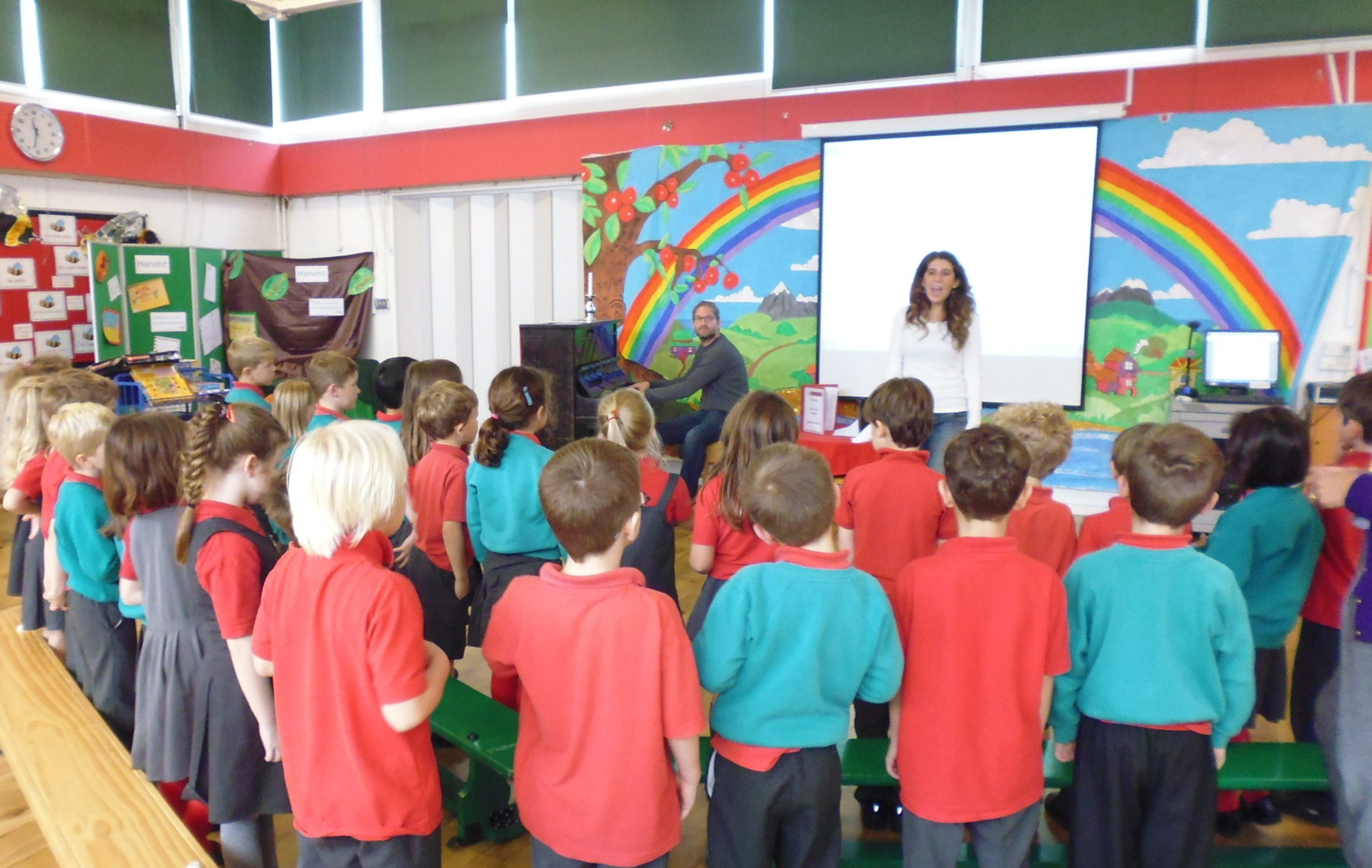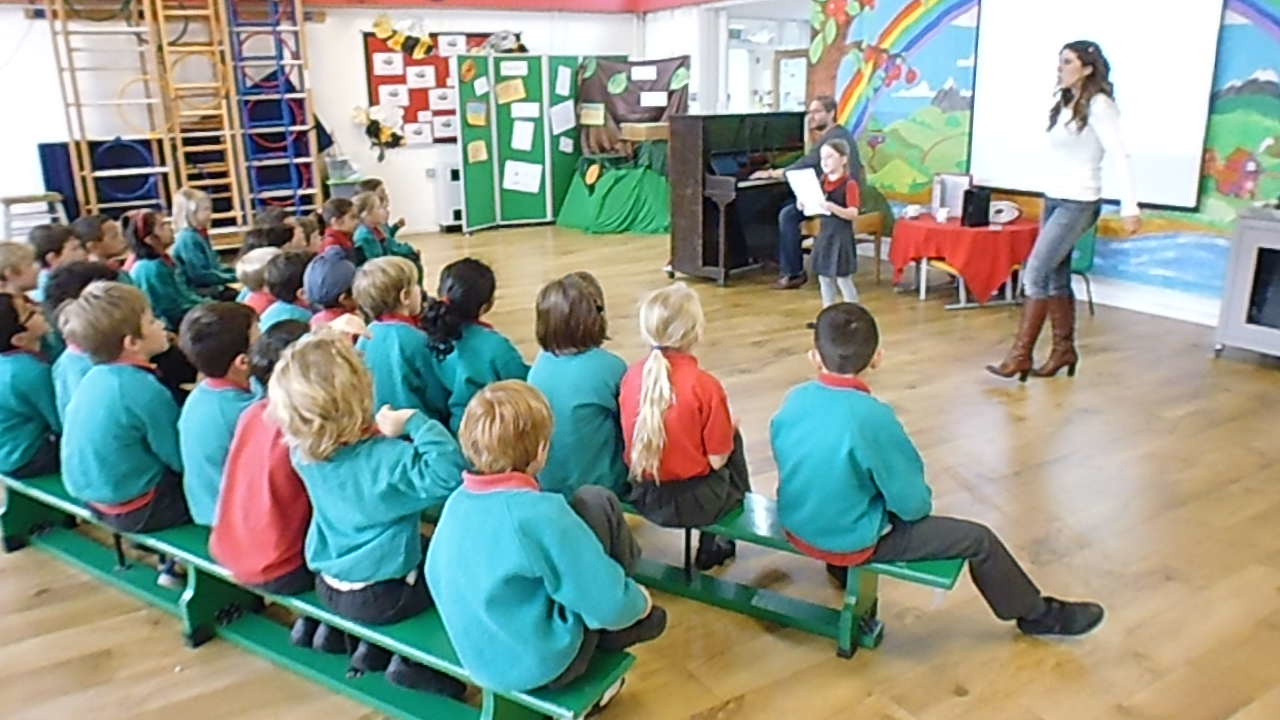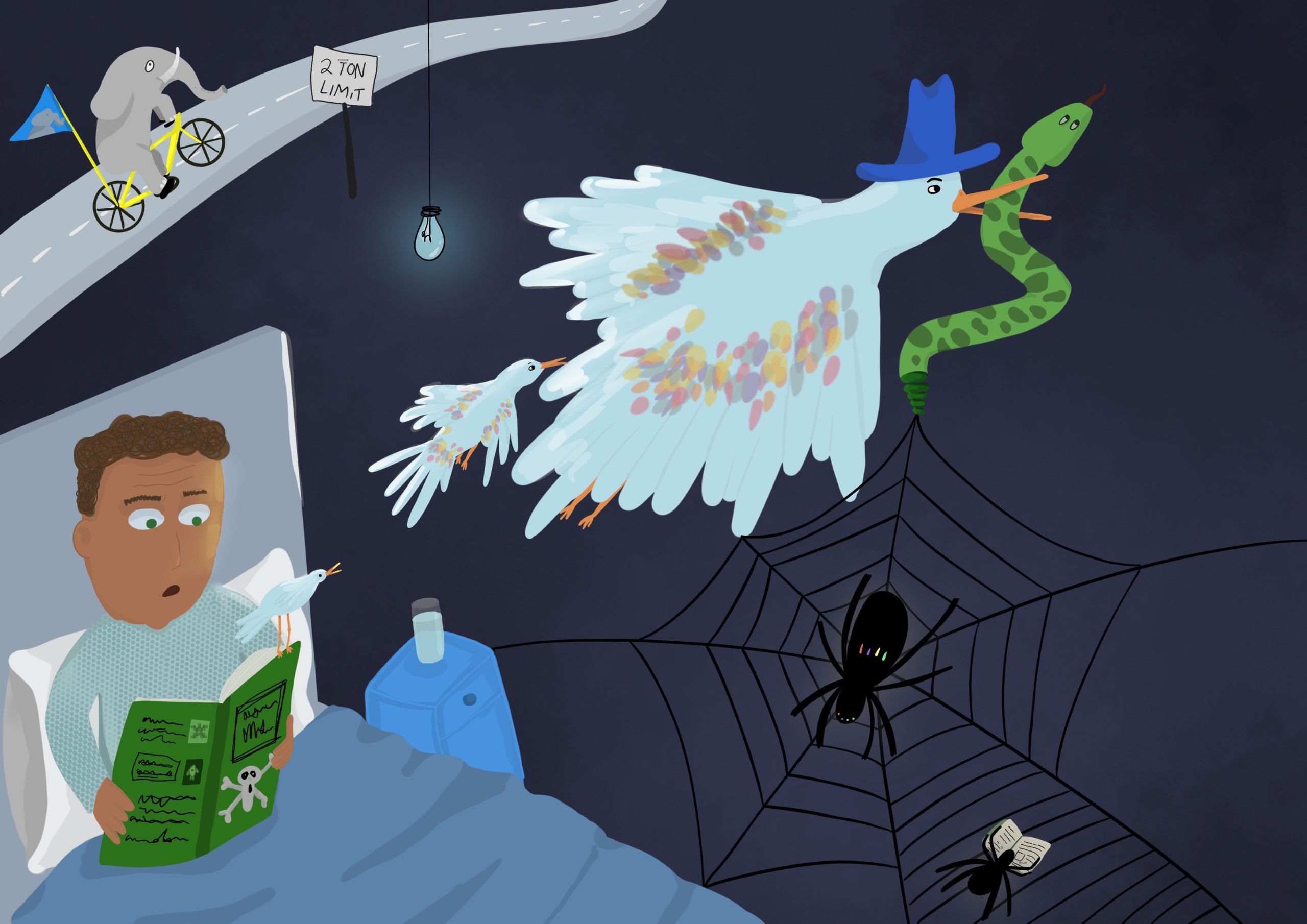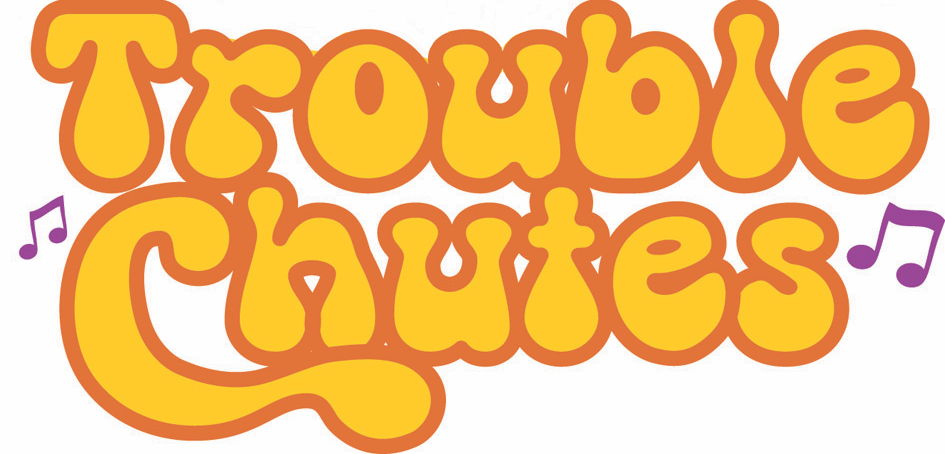What Is TroubleChutes?
TroubleChutes is a unique resource for schools and organisations that combines music and psychology. It embodies the principles of social, emotional and mental health (SEMH) and engages and encourages imaginative work and play to build self-confidence in children of all ages. It is fun, educational and developmental.
Each song, and accompanying picture, has an underlying psychological ‘theme’ that provides a vehicle for self-expression and an arena in which children can develop their self-reflective capacities.
During the course of any given theme there is an opportunity for:
- Listening
- Learning the song
- Discussion of the lyrics, music and illustrations
- Performance of the song in class or assemblies.


SEN staff and teaching assistants can use the resource on a one-to-one basis and Teachers can use it for the whole class. It can be used in its own right as a nurture resource or as a complimentary supplement to Music or PSHE.
The resource has been designed to harness creativity and foster emotional well-being, as well as identifying and developing talents and aspirations for the future.
Children of all ages, races, abilities and socio-economic backgrounds can benefit.
How TroubleChutes is different from other music or nurture resources:
- An antidote to the burden of the current positive psychology trend
Children are facing very real problems (and even more so since the pandemic). There can be a fear that addressing the difficulties will somehow reinforce them. Whilst positive thinking can be useful for gaining perspective, difficulties emerge when children can inadvertently be made to feel as if they are failing if they don’t feel positive. TroubleChutes, is a non-avoidant approach which creates a space for thinking about all emotions. This demonstrates to children that the issues they are facing are not too frightening for adults to think about. TroubleChutes songs do not leave you in the dark, they accompany you by acknowledging difficulties and in doing so building the child’s own capacity for problem solving. Children can feel more positive when they are given permission to voice their negative emotions.
- Unlike the electronic and highly sequenced music that circulates the majority of educational music for children, TroubleChutes has been recorded by music industry professionals with a live band.
- TroubleChutes is not just about singing songs, but about helping children to find the meaning via the words and pictures.
- Unlike music therapy, TroubleChutes is equally applicable for children without mental health issues.
What TroubleChutes can offer your school
The aim of the resource is to provide a forum for children to explore and enhance their emotional development and literacy through the medium of music. Unlike music therapy, it is a resource that is equally beneficial to children with or without mental health issues. For vulnerable young people, it works via targeted interventions as preventative action and for all children it operates by building on the child’s interests and thus supporting their cognitive development and self-esteem.
TroubleChutes can enhance children’s ability to process emotional challenges through creative outlets. The positive impact of using music to support and enhance mental and physical health has been well documented and researched.

‘Music activates both the left and right brain at the same time, and the activation of both hemispheres can maximize learning and improve memory.’ Dr. Masha Godkin, Professor in the Department of Sciences at National University
In an article written for The Conversation in 2023, Leigh Riby, Professor of Cognitive Neuroscience at Northumbria University, discusses the recent breakthrough in neuroscientific research. This suggests that music has therapeutic healing powers even when it’s sad, and this is linked with emotional recognition and brain re-engagement.
For those interested in reading more about the science behind TroubleChutes, two multilevel meta-analyses by de Witte M, Spruit A, Van Hooren S, et al. in 2020 summarise the growing body of empirical research: Effects of music interventions on stress-related outcomes: a systematic review and two meta-analyses. Health Psychology Review, 14(2): 294–324.
Socio-educational relevance
In the current cultural climate, music programs such as The Voice and The Masked Singer have dominated mainstream television, and in doing so have influenced our children’s perception of what it means to be a musician, artist or performer in today’s society.
As a result, schools are faced with a more complex task of what to include in today’s music education to give it a contemporary relevance. TroubleChutes’ music is played by a live band made up of musicians with extensive experience within the music industry.
This is detectable in the sound of the music which children pick up on and engage with better as a result. The resource contains instrumental versions of the songs as well as added vocal harmony additions. This gives the children the opportunity to learn the song and perform to the full musical backing.
How TroubleChutes can work in practice at your school
Marsha has spent the last 25 years combining psychology and music for both creative and therapeutic effect. She has produced a helpful accompanying guide for teachers to go alongside the music and illustrations, developed with the input of current teaching staff to ensure it covers all aspects required and is easily useable. It is not a rigid resource, as Marsha has found that whilst structure is helpful, there is also the need for intuitive judgement depending on the children’s reactions. Teachers do not need to have experience in either music or psychology to teach TroubleChutes.
Combining music with psychological mindfulness has proven to be a very popular medium with children of all ages. It gives them a platform to discuss topics that they do not have access to elsewhere, either at school or at home. Marsha has implemented this work at a variety of schools across London, with positive results. Examples include: a musical performance at John Donne School in Peckham; a summer musical for year 6 at Copenhagen School, Islington, and one-to-one work in St Peter’s and Winton, group work, & individual weekly sessions for referred children with extra needs at Carlisle School in Hampton and Oasis Academy Johanna, Waterloo. She also provided lunchtime singing clubs there as well as at Hampton Junior School.

There are a wide variety of add-on options to the standard resource. These include:
1. Reflective practice sessions with an educational psychotherapist for all teachers and SEN staff who are using the resource for one-to-one sessions with children with emotional, behavioural or learning difficulties.
2. Marsha coming to your school for one-to-one work with referred children.
3. Hire the TroubleChutes band to do workshops with the children in person as an experience day.
4. An outing to a recording studio to make a record of the children singing a TroubleChutes song with the option for parents to buy the record.
5. A song of your choice. Marsha can write a song for your chosen subject matter. Whether it’s an issue that your students are struggling with, a topic that requires a song for a community or world event, or charitable cause.
